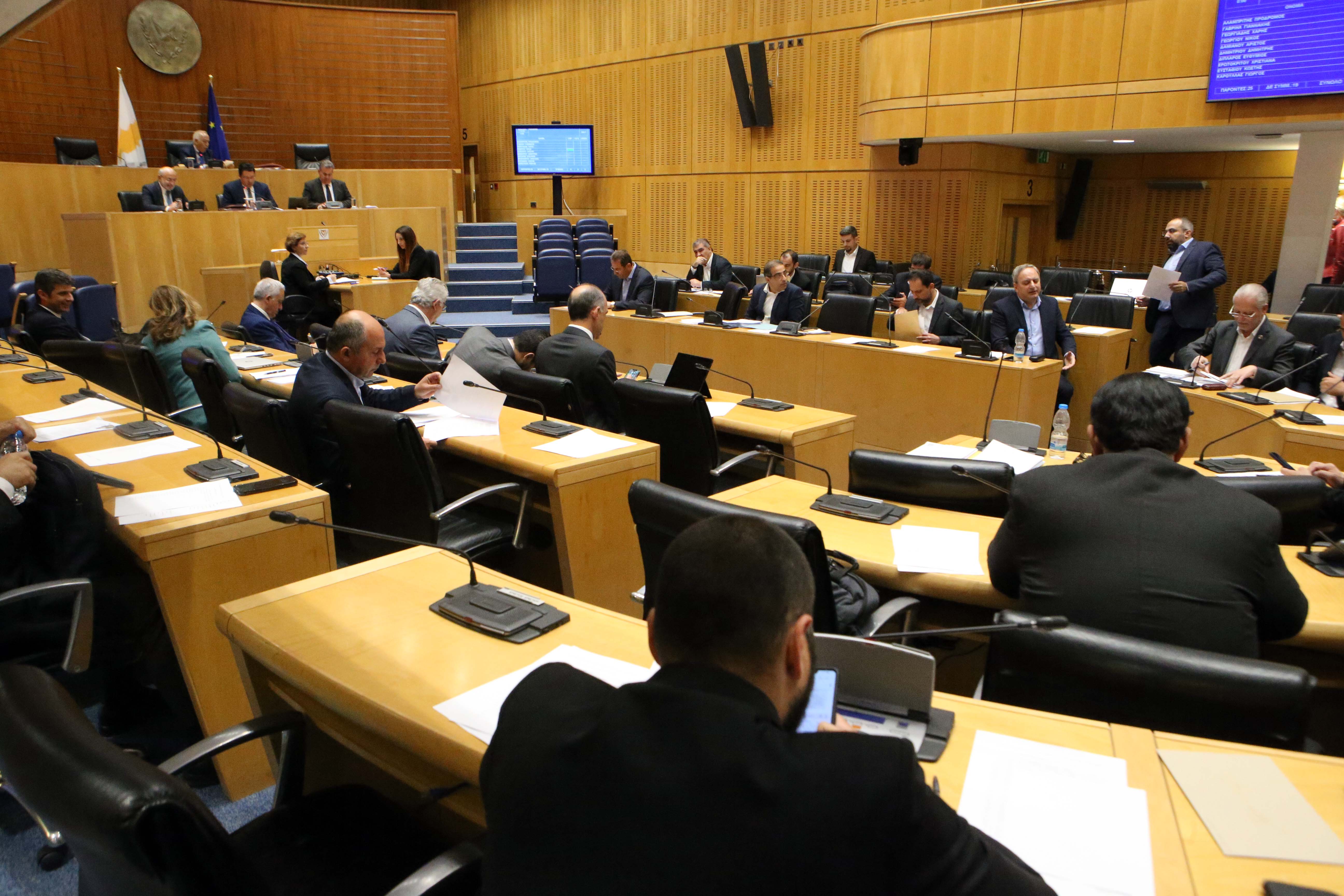The 2024 state budget reflects the government’s commitment to sound, sustainable and secure fiscal management, President Nikos Christodoulides said on Wednesday after cabinet approved the first budget submitted under his presidency.
The plenary gave the green light to the state budget for 2024 and the Medium-Term Fiscal Framework 2024-2026 with 37 members in favour and 19 against.
The budget includes measures and policies to support vulnerable population groups, improve healthcare services and upgrade the educational system. It also addresses key issues such as reducing energy costs and taking a comprehensive approach to migration, Christodoulides said.
He stressed that the endorsement of the state budget for 2024 is an act of responsibility and constitutes a milestone in the government’s efforts for the country’s development and the well-being of its citizens.
“The first budget of our administration reflects our unwavering commitment to sound, sustainable and secure fiscal management, steering clear of policies that jeopardise the country’s economic stability.
“It is a developmental, surplus budget that maintains the necessary fiscal responsibility and creates hope and prospects for the entire population,” Christodoulides said.
The budget, according to the president, includes measures and policies that substantially support vulnerable population groups while simultaneously strengthening the middle class, households and businesses. It also improves healthcare services and upgrades our educational system.
Managing issues such as reducing energy costs, addressing housing needs and taking a comprehensive approach to migration are fundamental pillars of the policies being promoted, which have already yielded significant results, he added.
The broad support and positive votes garnered “is a practical demonstration that the government seeks and can achieve broad political consensus, always for the benefit of the people and our country”, he said.
The budget received approval from Disy, Diko, Edek, Elam, Depa and independent MP Andreas Themistocleous, while Akel and the Green Party voted against it. MP Costis Efstathiou and independent MP Alexandra Attalidou also voted against.
The House also approved a series of amendments proposed by the political parties.
The budget is surplus-oriented, with a fiscal surplus amounting to 2.2 per cent of GDP and a primary surplus of 3.6 per cent of GDP.
The total expenditure included in the state budget for 2024 amounts to €13.04 billion, while the total revenue of the General Government is €13.2 billion. A fiscal surplus of €660 million is projected for 2024. The primary balance, excluding debt servicing expenses, is projected at €1 billion or 2.8 per cent of GDP.
The budget incorporates 43 modifications proposed by the government.
Regarding the amendments approved by the parties, those include the cut of a 5 per cent from the operational expenses percentage of the budget. This percentage excludes expenses related to water purchases, medicines, and other medical supplies, rent payments, lighting, heating, and the framework for promoting and implementing the General Health System (Gesy). The cut was approved with 35 votes in favour and 20 against.
Another significant amendment, passed with 52 votes in favour, one against, and one abstention, focuses on new rights or allowances and revisions to existing ones. The proposal requires submission, along with resulting expenditures, to the House of Representatives for approval or to the Parliamentary Committee on Economic and Budgetary Affairs for consideration.
Furthermore, funds related to the privatisation of public organisations and state enterprises were cut by a vote of 36 in favour and 18 against, with exceptions for specific development projects.
The Plenary Session, with 37 votes in favour, 16 against, and one abstention, proceeded with a note insertion for the need for approval from the Committee on Economic and Budgetary Affairs before any expenditure concerning grants against the deletion of third-party tax obligations (€100,000) is made.
The Parliament engaged in thorough discussions and debates, leading to the rejection of various expenditures emphasising the necessity for approval from the Parliamentary Committee on Economic and Budgetary Affairs. These concerned funds earmarked for cultural events promotion, consulting services and grants to associations performing voluntary work and other entities related to the health sector.







Click here to change your cookie preferences